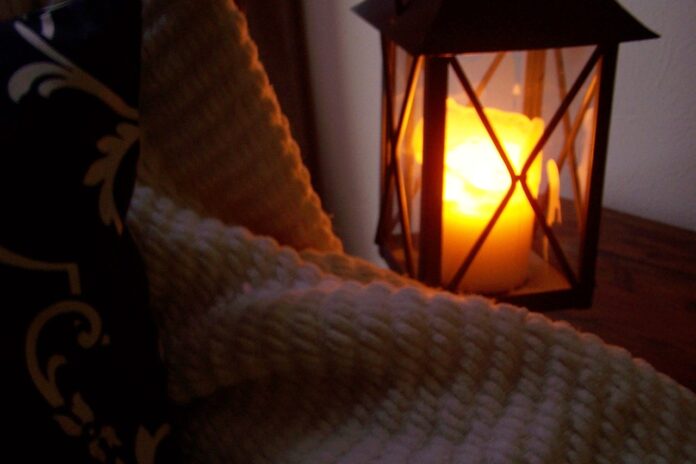“There is a pleasure in the pathless woods, there is a rapture on the lonely shore, there is society where none intrudes, by the sea and music in its roar; I love not man less, but nature more.”
— Lord Byron
The march of time, increasing population and crowding in our world has wiped out some of the most necessary escapes the soul needs.
It is hard for me to imagine living in a place without solitude, a woods to walk, a plot of land to tend. At the end of a demanding day, the thought of fighting through traffic and then taking an elevator up to an apartment is difficult to grasp.
One dim memory I have from childhood is of riding back a rugged, long lane with my parents to visit an elderly woman who lived alone. Miss Margaret Stover had chosen to remain in the century to which she had been born. There was no electricity and no running water inside her humble home. She was a writer, and some of her poetic observations had been written by the light of a lantern. I remember asking my father why she didn’t have any lights, and his answer was simple, “She is happy just as she is.”
I remember her saying that when it gets dark it is time to rest, anyway. Miss Margaret said that a neighbor worried over her and asked if she would like to move to a place that would cause her less work, since her daily existence involved carrying and heating water, cutting wood and gathering and chopping kindling.
“Where would I want to move? This is home. No other place would feel right under my feet,” she said.
The reason I remember that statement is that my father often repeated it. Did he want to go on vacation? “Now why would I want to do that? No other place would feel right under my feet!” he would say, a nod of respect to a spunky woman he admired.
My mother asked Miss Margaret if she had copies of her poetry that we could purchase. It turned out she had only one copy — the one she had written by hand. So, my mom took those precious poems home and typed them up for her, making additional copies of each one.
The night we drove back the lane to return her writing was a memorable one. It was a warm summer night so we could sit outside for a bit, enjoying a picnic my mother had packed. Miss Margaret was gracious and grateful for the food and the company, but most of all she was relieved to have her writing back in her hands. She was amazed by the typed version, and those extra copies were treated as a treasure.
With no telephone — and no desire for one — my parents tended to stop in often just to check on Miss Margaret, take her necessities and to treat her with simple luxuries. Her vision was failing, and her simple movements revealed a frailty with each passing year.
I know my parents worried about her living in such solitude. In truth, it was that solitude which kept her going, living far from the madness of a world spinning out stories she did not wish to hear.













